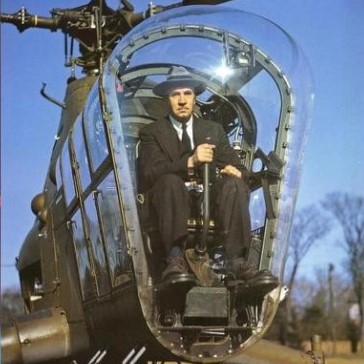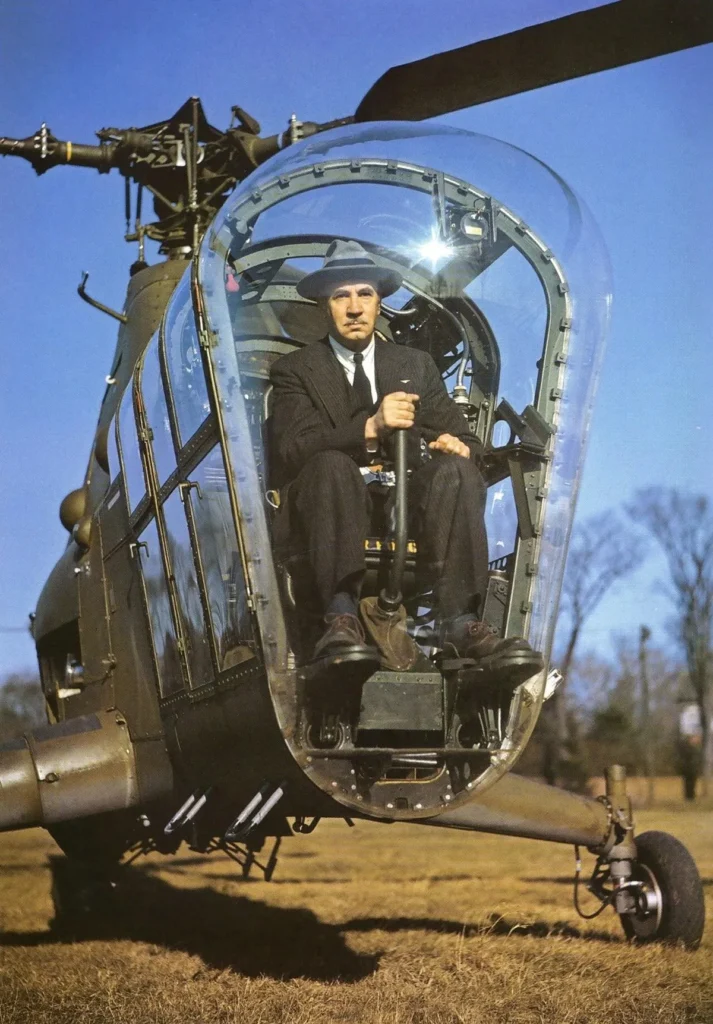Friday 4th August 2023
Catholicism & Contemporary Culture
What is Truth?
Dr Andrew Beards
Opening the Catholicism & Contemporary Culture course, Dr Andrew Beards examines how the Catholic and secular worldviews define truth, and the wider consequences of this for our society
Click here to view a copy of the presentation.
Approximate running time: 50 minutes
Truth in the Public Square
Dr Andrew Beards
In this second lecture, Dr Andrew Beards examines the difference between objective and subjective truth and asks where these worldviews have their origins.
Click here to view a copy of the presentation.
Approximate running time: 60 minutes
Faith & the Arts: Reflecting the True, the Good & the Beautiful
Dr Caroline Farey
Dr Caroline Farey discuses the foundations of objective truth, goodness, and beauty, and how we can learn to discover this in the arts.
Click here to view a copy of the presentation
Approximate running time: 55 minutes
The New Atheists: Faith Without Reason
Dr Andrew Beards
In this fourth lecture, Dr Andrew Beards examines the routes of ‘New Atheism’, its decline, and how Catholics can deal with it through apologetics.
Click here to view a copy of the presentation.
Approximate running time: 60 minutes
Philosophical Foundations for Sacramentality
Dr Caroline Farey
In this lecture, Dr Caroline Farey discusses the theological and philosophical backdrop to sacramentality and how this relates to the wider world.
Approximate running time: 55 minutes
The Church and the Eucharist: One Faith, One Body
Stefan Kaminski
Stefan Kaminski explains how the Catholic teaching on the Eucharist relates to the Church and her four marks.
Click here to view a copy of the presentation.
Approximate running time: 60 minutes
Societal Truth: Discerning the Common Good
Dr Andrew Beards
Dr Andrew Beards asks what are the principles of natural law and how can they guide society away from the pitfalls of postmodernity and subjectivity.
Click here to view a copy of the presentation.
Approximate running time: 40 minutes
About the Faith & Reason series
The Faith & Reason series is made up of three courses that provide a systematic overview of the fundamental themes of the Catholic faith. At the same time, these are approached in the context of contemporary culture and thinking, in order to engage in a dialogue that is relevant today.
Head to our Faith & Reason page for more information




